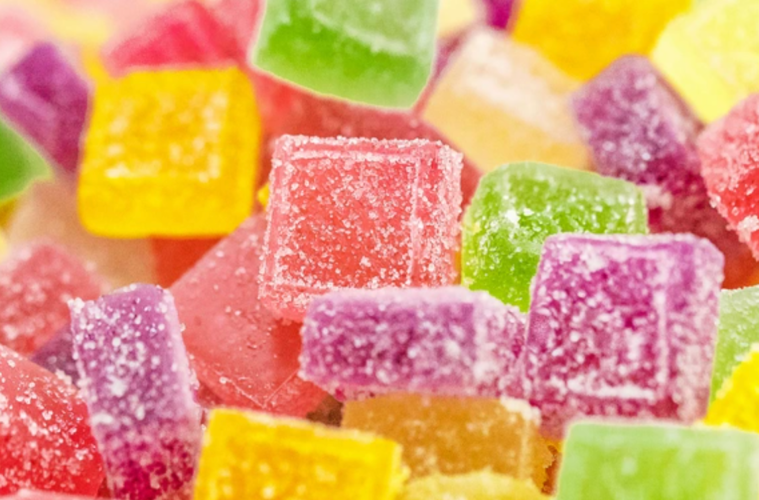Are CBD products on the market currently safe? A team of researchers were recently determined to find the answer and tested over 500 CBD products. They discovered that contaminants are present in CBD, according to a soon-to-be-published paper on edibles and topicals, Hemp Today reports.
“Low-level contamination of edible CBD products with heavy metals and phthalates (additives for plastics) is pervasive,” according to the paper, authored by researchers led by Hannah Gardener of the University of Miami Miller School of Medicine and two Colorado-based organizations.
The paper, which is slated to be published in the December issue of Science of the Total Environment, also pointed out that there’s a mass discrepancy between labels and what products actually contain. The authors wrote, “substantial discrepancy between the product label claims for CBD potency and the amount measured in both edible and topical products.”
The paper also states that hemp can absorb and retain contaminants from the soil it grows in. “It is important to characterize the degree of contamination in CBD products and their label accuracy to better estimate potential health benefits and risks associated with consumption,” the paper explains.
The authors state that there needs to be tight regulation around CBD product labeling to protect consumers, especially those who are medically vulnerable and use CBD for relief and healing. They also noted heavy metal and plastic contamination in CBD could possibly counter-balance the purported health benefits of the cannabinoid.
Among the specific findings in the paper, lead was detected in 42%, cadmium in 8%, arsenic in 28% of products, and mercury in 37% of 121 edible CBD products. The percentage of edible products with detectable concentrations of plastic additives varied between 13% and 80%. Four edible CBD products exceeded the California threshold for daily lead consumption of 0.5 micrograms in two servings. Finally, only 42% (so less than half) of total edible and topical products analyzed fell within 10% of the CBD claimed on the manufacturer’s label.
CBD stakeholders have continuously pushed the U.S. Food & Drug Administration (FDA) for more clarity regarding testing, labeling, cultivation, and more for CBD products. Consumer groups say that speeding up the process for approval will ultimately harm consumers. That said, previous tests have found some CBD products to be adulterated.
FDA has warned companies in the past about labeling issues, under rules for dietary supplement labeling, unapproved new drugs, and misbranded drugs.
The Farm Bill will likely have edits and addendums made to the legislation in 2023. It’ll be interesting to see how the issue of contamination and labeling — and how the results of the study published in December — will impact the changes in future hemp regulations.Heavy


